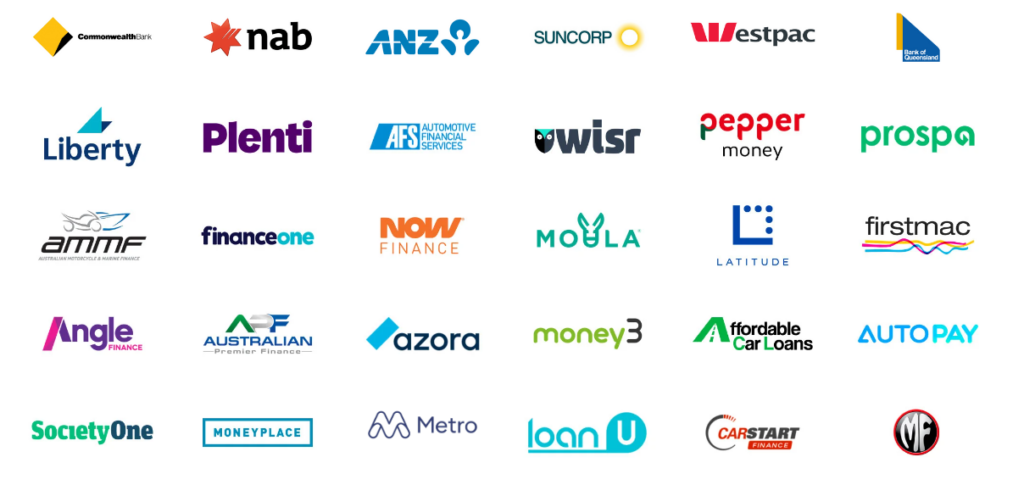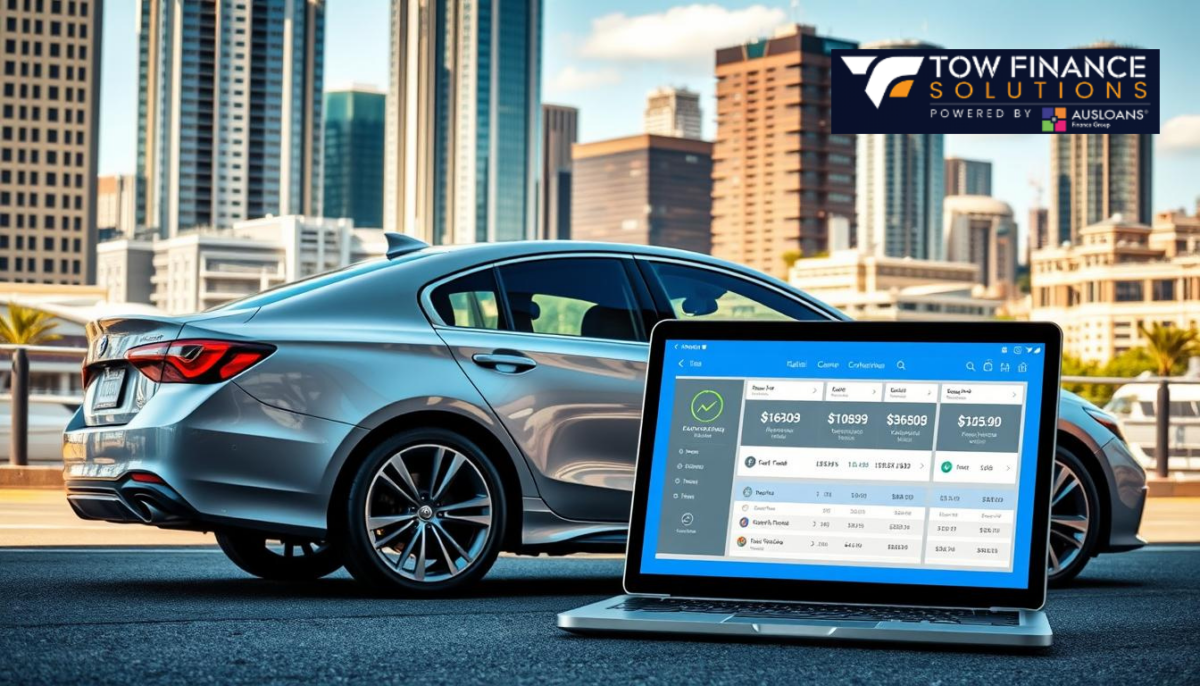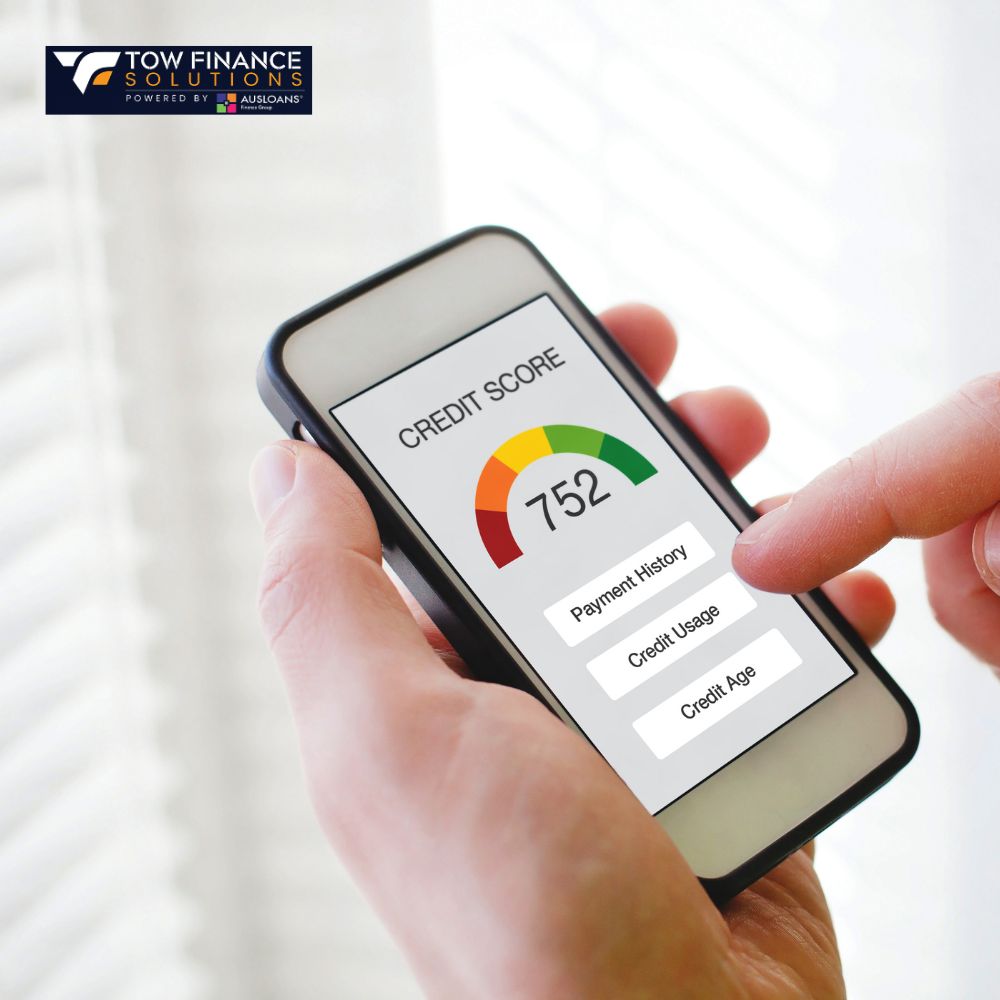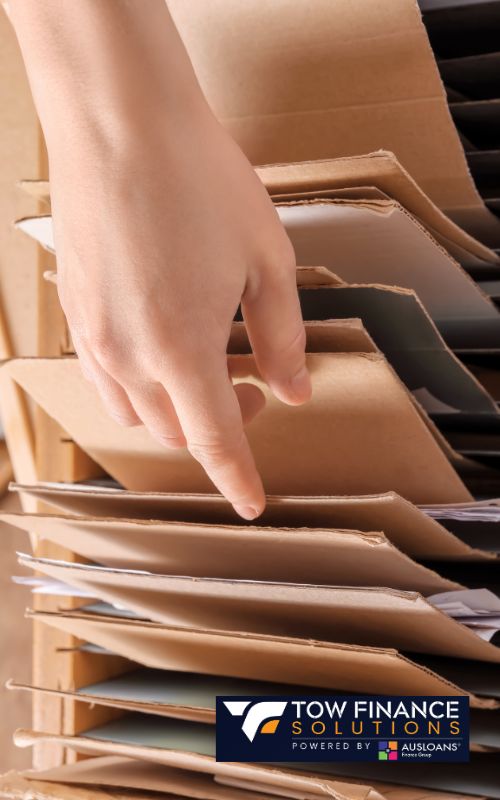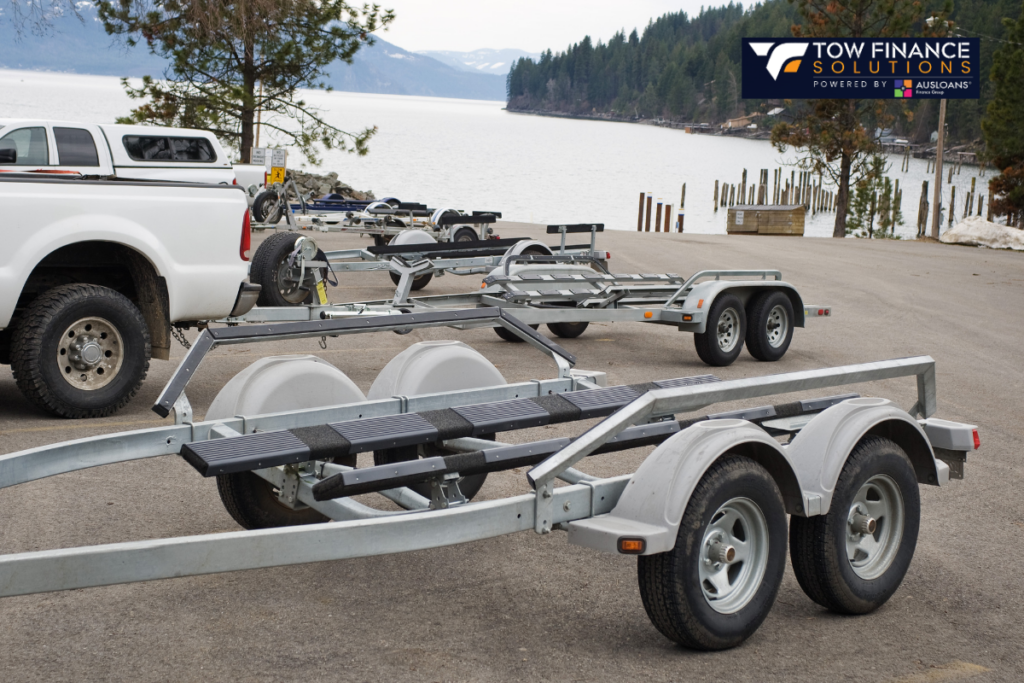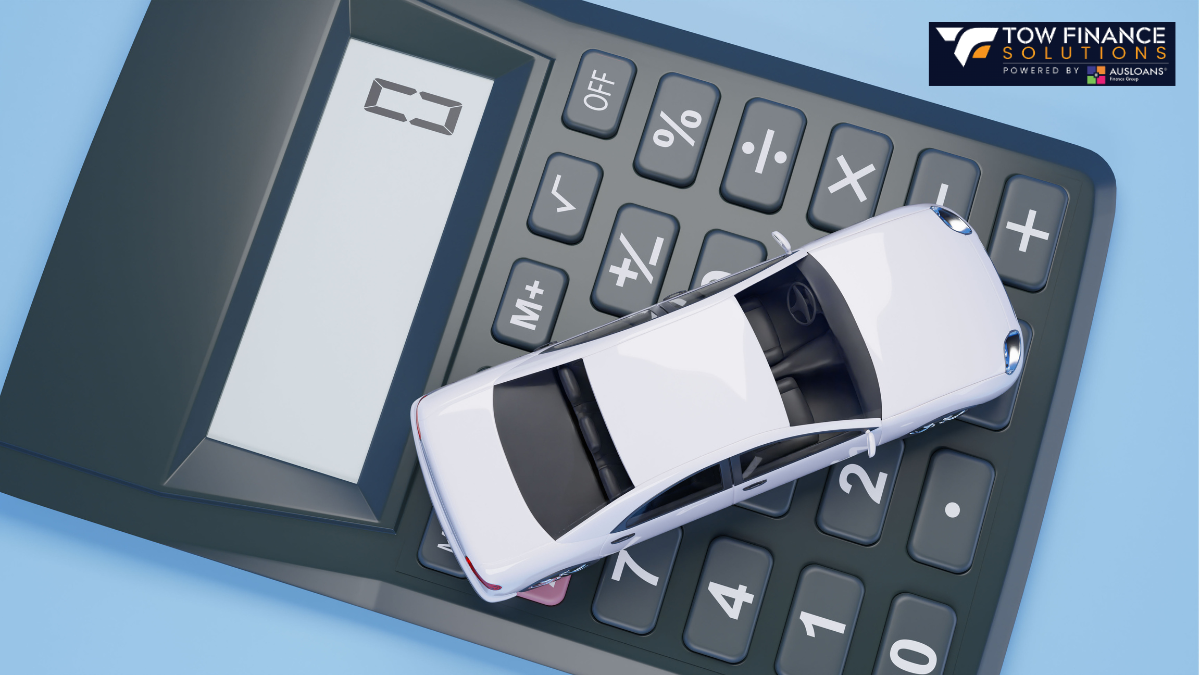Business Line of Credit vs. Term Loan: Which Is Better?
July 1, 2025
Did you know 73% of employer firms secure flexible funding through revolving credit facilities, while only 65% get approved for lump-sum alternatives? These numbers, from the Federal Reserve’s 2024 report, highlight a critical divide in how Australian companies access growth capital.
Choosing the right financial tool can make or break your operations. Revolving credit offers ongoing access to funds, ideal for unpredictable expenses. Lump-sum options provide upfront cash for specific projects. Both have unique pros and cons depending on your goals.
This guide breaks down how each solution works in practice. You’ll learn when to use flexible borrowing versus fixed repayments. We’ll explore approval trends, cash flow impacts, and real-world scenarios tailored to Aussie enterprises.
Key Takeaways
- Revolving credit facilities have higher approval rates than lump-sum alternatives
- Flexible funding suits variable expenses, while fixed loans work for one-off costs
- Compare interest structures – variable versus fixed rates
- Assess repayment flexibility against your cash flow needs
- Understand security requirements for different funding types
- Match financial products to your growth timeline
Tow Finance Solutions helps Aussie businesses navigate these choices daily. Later sections will detail how to align your selection with company objectives and market conditions.
Find The Best Deal

With over 10 years of industry experience we are a leading independent broker with a diverse panel of 40 + lenders to find you the best solution, tailored to you and your goals!
Introduction: Navigating Your Business Financing Options
Australia’s funding landscape offers over 150 specialised products tailored to company growth stages. From seasonal retailers needing inventory buffers to tech startups scaling operations, your capital access strategy directly shapes operational agility.
Core Financial Solutions for Local Enterprises
Traditional bank loans remain popular for established firms with steady revenue. Alternative lenders fill gaps for newer ventures, offering faster approvals with customised repayment terms. Government-backed schemes support specific industries like agriculture and renewable energy.
Aligning Capital With Operational Demands
Three factors determine your ideal funding path:
- Cash conversion cycles in your sector
- Growth phase – launch, expansion, or consolidation
- Revenue predictability across financial quarters
Construction firms often prefer revolving facilities for material costs, while manufacturers might secure fixed loans for equipment upgrades. Matching repayment schedules to income streams prevents cash crunches during slower periods.
Understanding Business Term Loans
Australian companies secure $9.2 billion annually through fixed repayment arrangements, according to ASBFEO data. These structured financing options suit enterprises needing predictable budgeting for equipment purchases or expansion projects.
How Term Loans Work and Their Repayment Structures
You receive the full loan amount upfront when approved. Repayment starts immediately through fixed monthly instalments. Most agreements span 1-7 years, with 60% of Australian lenders offering terms under five years.
The amortisation schedule reduces your principal balance with each payment. Early instalments cover more interest, while later ones focus on the remaining debt. This structure helps forecast your cash commitments accurately.
Pros and Cons of Choosing a Term Loan
Key benefits include:
- Fixed interest rates between 6%-25% for most Australian lenders
- Clear exit strategy through scheduled repayments
- Higher borrowing limits than revolving facilities
Potential drawbacks involve:
- Upfront security requirements (often property or equipment)
- Early repayment fees averaging 2%-5% of the balance
- Limited flexibility if your needs change mid-term
Construction firms often use these for machinery upgrades, while retailers might finance store renovations. Compare your project timeline with repayment obligations before committing.

Exploring Business Lines of Credit
Australian enterprises maintain $14 billion in active revolving credit facilities, according to RBA data. This flexible funding model works like a financial safety net, letting you tap into pre-approved amounts when needs arise.
How Revolving Access Fuels Operations
You draw funds only when required, paying interest solely on the amount used. A $100,000 credit line costs nothing until you withdraw $20,000 for urgent equipment repairs. Repayments refresh your available balance, creating continuous access without reapplying.
Short-term agreements suit seasonal industries like tourism. Cafés might use six-month lines credit for holiday staffing, while construction firms secure five-year arrangements for ongoing material purchases.
Balancing Advantages With Fiscal Responsibility
Key strengths include:
- Quick responses to supplier discounts or bulk purchase opportunities
- Interest savings compared to fixed-sum alternatives
- Adaptable repayment schedules matching revenue cycles
Potential challenges involve:
- Rate fluctuations adding 15-20% to borrowing costs during economic shifts
- Overdependence leading to maxed-out credit lines
- Annual review requirements that could reduce your limit
Retailers often combine credit lines with term loans – using revolving access for inventory and fixed loans for store upgrades. Monitor drawdown patterns to avoid cyclical debt traps common in hospitality sectors.
Business Line of Credit vs. Term Loan: Detailed Comparison
Need to bridge a cash gap or fund a major purchase? Your choice between revolving access and fixed-sum options hinges on three critical factors: cost structures, repayment flexibility, and alignment with operational rhythms. Let’s dissect how these tools perform under real-world pressures.
Comparing Interest Rates, Repayment Terms and Fees
Fixed-sum agreements typically charge 6%-45% interest on the full amount immediately. Revolving facilities range from 8%-60%, but you only pay for what you use. A $50,000 loan costs interest on all $50k from day one, while a $50k credit line only incurs charges when you withdraw funds.
Factor | Fixed-Sum Option | Revolving Facility |
Average Rates | 6% – 45% | 8% – 60% |
Repayment Start | Immediately | After withdrawal |
Term Length | 2-10 years | 6-24 months |
Best For | Equipment purchases | Seasonal inventory |
Choosing Based on Your Specific Cash Flow and Funding Needs
Fixed repayments suit predictable budgets – think machinery upgrades with steady ROI. Weekly or monthly instalments lock you into schedules, which 43% of Australian manufacturers prefer for long-term projects.
Revolving access adapts to erratic income streams. Cafés might draw funds quarterly for holiday stock, then pause during off-seasons. Online lenders often require weekly repayments once you tap the facility, while banks offer monthly options.
Consider a retailer needing $30k: a loan provides all funds upfront but charges interest immediately. A credit line lets them borrow $10k monthly as sales fluctuate, potentially saving 18% in interest annually. Match your selection to spending patterns rather than maximum availability.
Key Factors to Consider When Choosing Your Financing
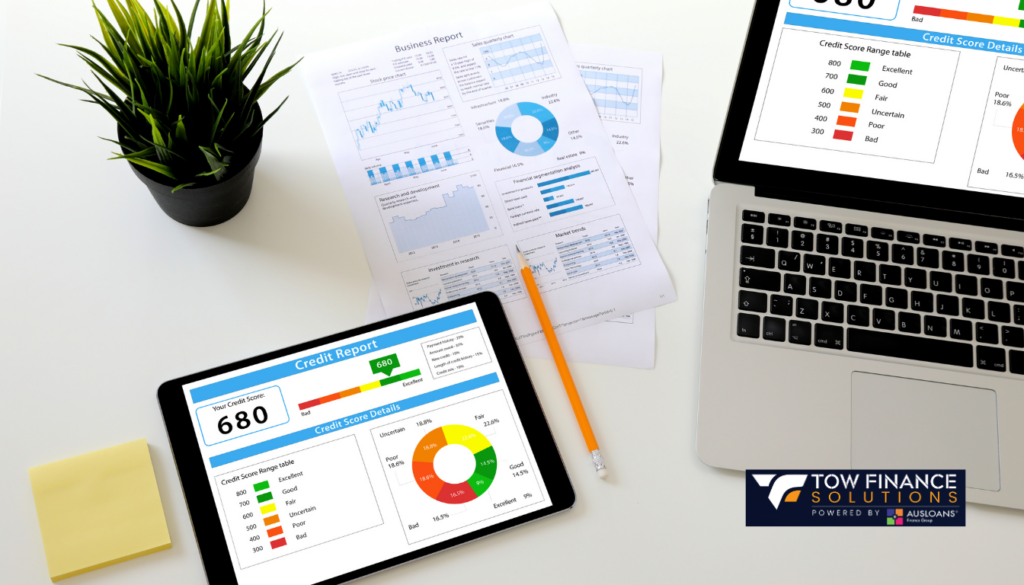
Selecting the right financial tool requires matching your operational rhythm with repayment capabilities. Start by mapping your income patterns against potential obligations – this alignment determines whether fixed or flexible solutions suit your situation best.
Cash Flow Patterns Shape Financial Choices
Examine your monthly revenue streams closely. Fixed-sum options work when you need:
- Predictable monthly budgets
- Upfront costs for equipment purchases
- Long-term projects with steady returns
Revolving access suits businesses facing:
- Seasonal inventory demands
- Unexpected repair costs
- Fluctuating client payment cycles
Lender Requirements Differ Widely
Traditional institutions and digital platforms have contrasting approval thresholds. Compare typical criteria:
Factor | Banks | Online Lenders |
Credit Score | 670+ | 600+ |
Annual Revenue | $200k+ | $75k+ |
Approval Time | 2-4 weeks | 24-72 hours |
Established companies often qualify for lower rates through fixed agreements. Newer ventures might prioritise flexible access despite slightly higher costs. Always cross-check repayment schedules against your revenue forecasts – mismatched timelines strain budgets faster than interest charges.
Lender Perspectives and Funding Alternatives in Australia
Australia’s financial sector offers more paths to capital than ever before. Traditional institutions and digital platforms now compete alongside niche solutions – each with unique approval processes and repayment expectations. Let’s unpack how different providers evaluate applications and explore options beyond conventional funding.
Insights from Traditional Banks and Online Lenders
Major banks typically require strong credit histories and annual revenues exceeding $200k. Their lower rates (often 6-15%) suit established businesses with predictable cash flow. However, approval processes can take weeks and demand extensive documentation.
Digital lenders take different approaches:
- Assess bank transactions and industry trends
- Offer decisions within 48 hours
- Accept credit scores from 550+
Factor | Banks | Online Platforms |
Average APR | 7-18% | 12-45% |
Security Needed | Usually required | Sometimes waived |
Funding Speed | 14-28 days | 1-5 days |
Alternative Options: Grants to Cash Advances
Government grants provide non-repayable money for specific projects like eco-upgrades or regional expansion. Hospitality ventures often use merchant cash advances – repaying through daily card sales percentages.
Other solutions include:
- Invoice factoring: Get 80-90% of unpaid bills upfront
- Peer-to-peer lending: Borrow from individual investors
- Community programs: Support for Indigenous enterprises
Each alternative carries trade-offs. Credit cards work for small purchases but have low limits. Crowdfunding demands marketing effort but builds customer loyalty. Match your choice to immediate needs and long-term financial health.
Building financial resilience requires more than just securing funds—it demands smart repayment habits and strategic foresight. Australian enterprises that manage debt effectively position themselves for better opportunities when expanding or weathering economic shifts.
Consistent repayments on your financing arrangements directly influence credit profiles tracked by Experian, Equifax, and Dun & Bradstreet. These agencies monitor how you handle debt over time, affecting future credit limits and loan terms. A strong payment history could lower interest rates by 15-30% on subsequent funding requests.
Balancing Immediate Needs With Long-Term Vision
Develop a three-tier approach:
- Allocate 60% of borrowed capital to immediate operational needs
- Reserve 30% for mid-term growth initiatives
- Invest 10% in contingency buffers
This structure prevents overextension while maintaining flexibility. Retailers often combine fixed-term agreements for store upgrades with revolving facilities for stock fluctuations—a strategy that improves credit diversity.
Credit-Building Action | Impact Timeline | Potential Benefit |
On-time repayments | 6-12 months | +50 credit points |
Debt ratio below 30% | 2-3 years | Higher credit limits |
Mixed financing types | 1-2 years | Better loan terms |
Create seasonal repayment plans if you operate in tourism or agriculture. Reduce instalments during off-peak months, then increase them when revenue spikes. This approach maintains cash flow without damaging credit scores.
Regularly review your financing mix as your enterprise evolves. What worked during startup years might hinder scaling efforts. Adjust credit lines and repayment schedules to match your current operational scale and market position.
Get Expert Financing Guidance from Tow Finance Solutions
Navigating financial solutions can feel overwhelming without expert support. Tow Finance Solutions simplifies this process for Australian enterprises, helping you match funding tools to operational demands.
Their team analyses your cash patterns and growth plans to recommend suitable options. Whether you require revolving access for seasonal stock or fixed repayments for equipment upgrades, they compare rates and terms across multiple lenders.
Contact Tow Finance Solutions Australia-wide:
Many owners secure capital through lump-sum agreements or flexible facilities. Prequalifying helps identify which option aligns with your revenue cycles and project timelines. Our advisors explain how interest structures and security requirements impact your specific situation.
FAQ
What’s the main difference between a line of credit and a term loan?
A line of credit lets you borrow funds up to a set limit as needed, paying interest only on what you use. Term loans provide a lump sum upfront with fixed repayments over a set period, ideal for one-off expenses.
Which option offers lower interest rates?
Term loans often have lower fixed rates if you qualify, while lines of credit typically have variable rates. Compare offers from lenders like ANZ or NAB to find competitive terms for your situation.
How does repayment flexibility differ between the two?
With a line of credit, you can repay and reuse funds during the draw period. Term loans require regular fixed repayments until the balance is cleared, with less flexibility to adjust if cash flow changes.
Which is better for managing unpredictable cash flow?
A line of credit suits businesses needing ongoing access to funds for gaps or opportunities. Term loans work better for predictable costs like equipment purchases where upfront capital is required.
What credit score do I need to qualify?
Lenders like Westpac or online providers may require a credit score of 600+ for term loans. Lines of credit often need stronger credit profiles (650+) due to their revolving nature.
Can I use both financing options at the same time?
Yes. Many businesses combine a term loan for large investments with a credit line for short-term needs. Discuss options with advisors like Tow Finance Solutions to structure this effectively.
Are there alternatives if I don’t qualify for traditional financing?
Consider grants, merchant cash advances or invoice financing. Online lenders like Prospa offer faster approvals, though rates may be higher than bank-term loans or credit lines.
